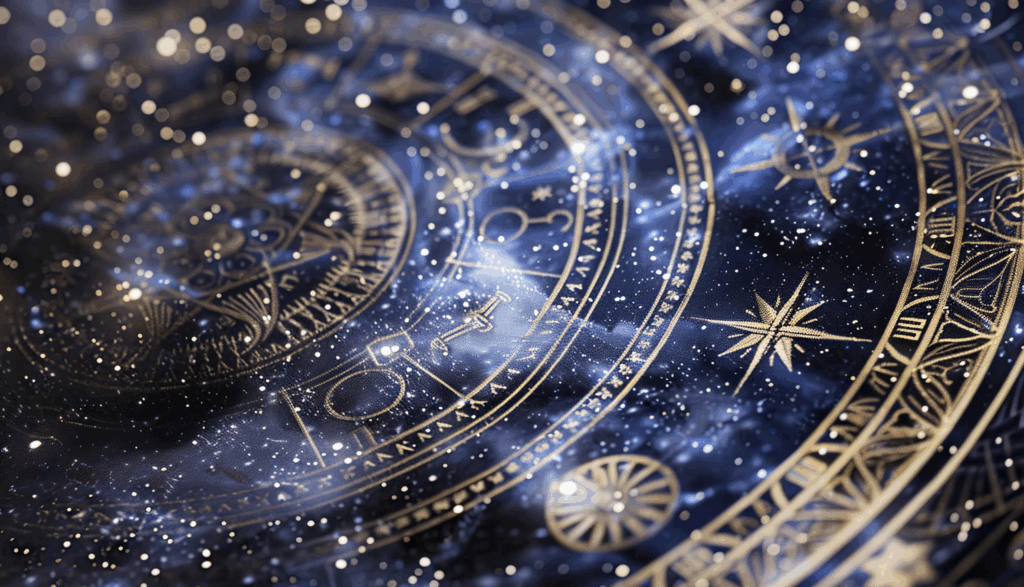Astrology and science have long stood on opposite sides of the intellectual spectrum—one grounded in ancient symbolism and mythos, the other in logic, reason, and data. For much of modern history, astrology has been dismissed by scientists as a pseudoscience, lacking the empirical foundation required to be taken seriously within academic circles. Yet in recent years, a quiet shift has been taking place. As our understanding of the universe expands and the boundaries between disciplines blur, more people are asking: could there be a meaningful connection between astrology and science?
At its core, astrology is the study of celestial bodies—planets, stars, and the moon—and their potential influence on human behavior and natural events. While mainstream science doesn’t support the idea that planetary positions directly affect individual destinies, some scientists and psychologists are beginning to explore indirect correlations. For example, circadian rhythms, seasonal patterns, and lunar cycles have all been shown to impact human mood, sleep, fertility, and behavior. Could it be that astrology, in its symbolic language, was capturing natural patterns long before we had the tools to measure them?
In fields like psychology and cognitive science, researchers have also begun to explore the role astrology plays in personal identity and self-reflection. Tools like birth charts and horoscopes may not predict the future, but they often serve as a mirror for people to explore their inner world, much like personality tests such as the Myers-Briggs Type Indicator. In this sense, astrology functions more like narrative therapy—offering metaphors and archetypes that help people make meaning of their experiences.

Furthermore, with the rise of quantum physics and systems thinking, the old Newtonian model of a purely mechanical universe is giving way to more holistic and interconnected frameworks. Concepts such as non-locality and entanglement suggest that the universe may be more mysterious and interdependent than once believed. While this doesn’t prove astrology is scientifically valid, it does open the door for reimagining how unseen forces might influence matter and consciousness.
Astrology also reflects a growing desire for synthesis—a way to bridge spiritual curiosity with scientific understanding. For many, it is not a matter of choosing between belief and reason, but of exploring where the two can coexist. This integrative approach does not claim astrology as a science, but rather as a symbolic language that can complement scientific insight, especially in areas related to psychology, wellness, and human development.
Related: What It’s Like to Work, Play, and Live as an Air Sign
As we move further into an age of information and interconnection, the lines between ancient wisdom and modern knowledge may continue to soften. The renewed interest in astrology, paired with deeper scientific inquiry, suggests that humanity is still seeking cosmic meaning. Perhaps the true value lies not in proving astrology right or wrong, but in exploring what it reveals about our enduring quest to understand our place in the universe.




















